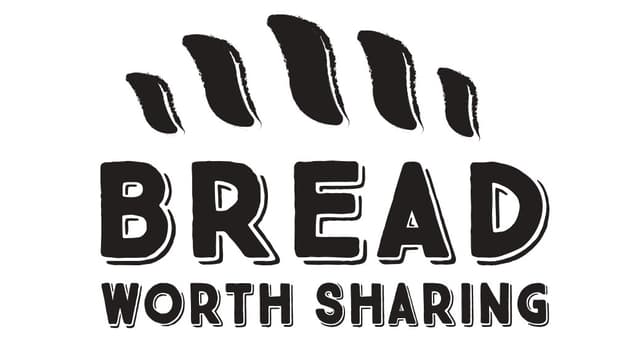Frequently asked questions
Below you will find helpful answers to all your questions. If you have a question and can't see the answer to it, please get in touch and we will let you know the answer and will add it to our FAQs for the next person who might have the same question.
Still have a question?
Can't find the answer you're looking for? Please chat with us!
